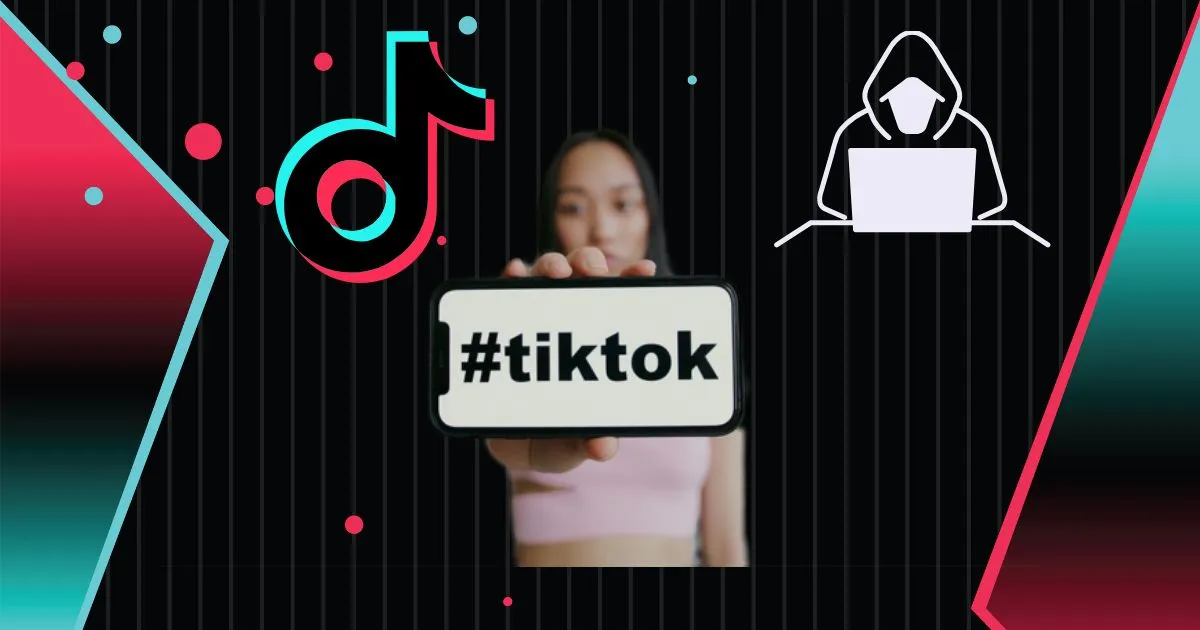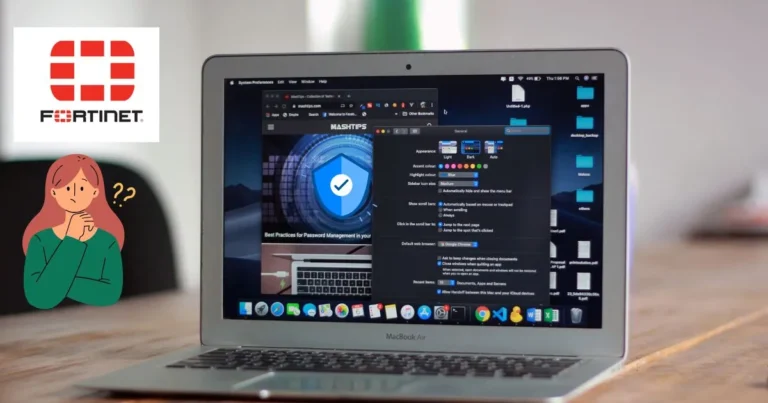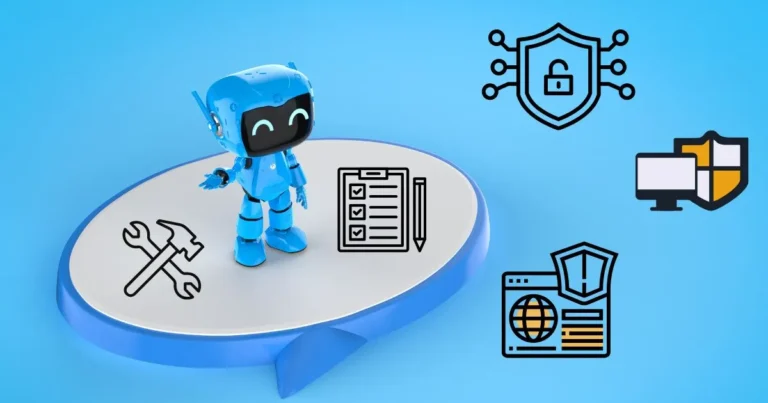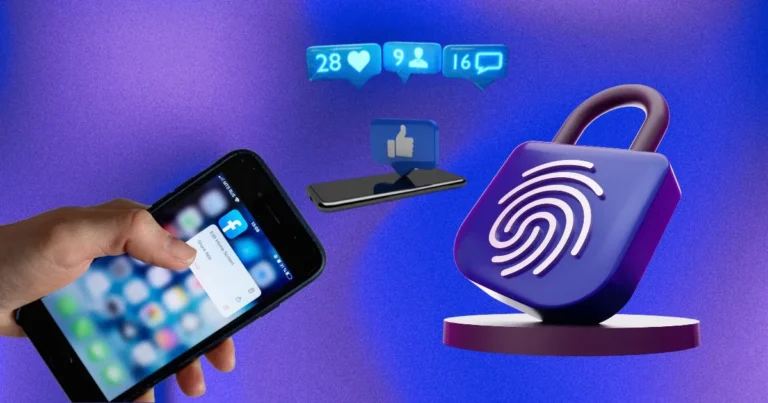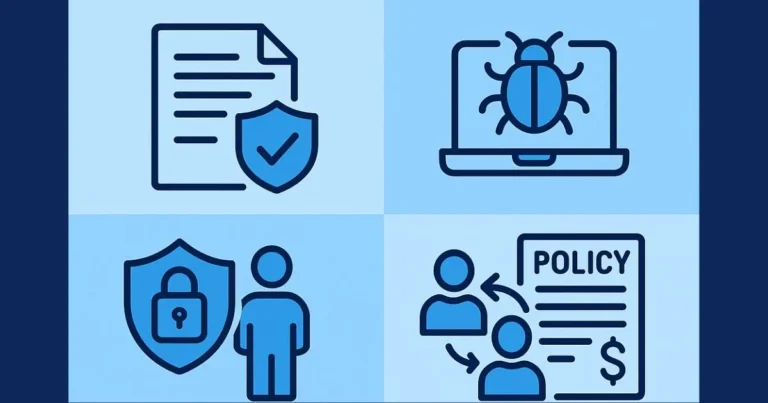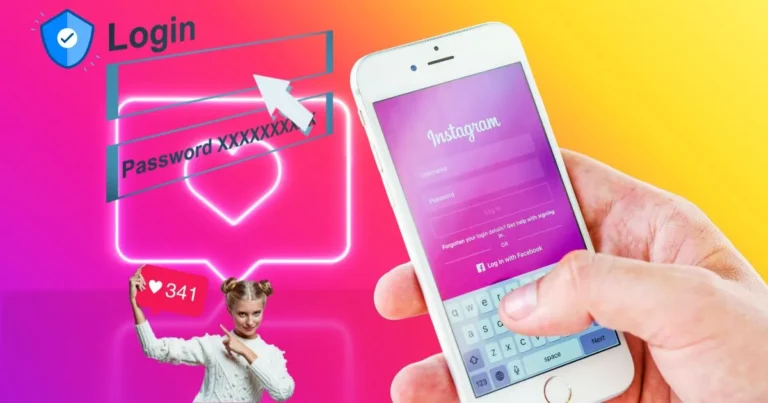TikTok Security: What Every American User Needs to Know in 2025
TikTok isn’t just a fun place for viral dances and trending challenges — it’s also a potential goldmine for hackers and cybercriminals. As TikTok’s popularity explodes across the United States, so do concerns about TikTok security. Are you truly safe when scrolling through your For You Page? Let’s dive into what you need to know — and what you can do to protect yourself.
Table of Contents
TikTok Security: Essential Tips for Every American in 2025
What Is TikTok Security and Why Should You Care?
In simple terms, TikTok security refers to the practices and policies that protect users’ personal data, account information, and digital activities while using the app.
For millions of Americans, TikTok is now a daily habit. But behind the cute filters and hilarious skits, there are serious risks: data breaches, privacy violations, identity theft, and even targeted misinformation campaigns.
If you use TikTok — or your kids do — cybersecurity isn’t optional. It’s essential.
How TikTok Collects Your Data
TikTok gathers more information than you might think. Here’s a breakdown:
- Personal details: Name, email, phone number, birthday
- Device information: IP address, device type, operating system
- Behavioral data: Your interactions, watch time, liked videos
- Location data: Even if you think you disabled it
In fact, a 2022 study found that TikTok’s tracking behavior surpassed that of most other social media platforms, raising alarms among cybersecurity experts.
Recent TikTok Security Controversies
1. U.S. Government Bans on Government Devices
In late 2022 and throughout 2023, several U.S. states — and even the federal government — banned TikTok from official devices, citing national security concerns.
The fear? That user data could be accessed by foreign governments.
2. Data Breach Claims
Hackers have previously claimed to have accessed TikTok’s user databases. While TikTok denied the severity of these claims, the incident raised eyebrows about the platform’s vulnerabilities.
3. Invasive Clipboard Access
Security researchers discovered that TikTok accessed users’ clipboards without permission, capturing everything users copied — from passwords to sensitive emails.
What Are the Biggest TikTok Security Risks?
Let’s break it down:
Identity Theft
Your profile details can be pieced together by cybercriminals to create fake accounts or launch phishing attacks.
Account Hijacking
Weak passwords or lack of two-factor authentication (2FA) make it easy for hackers to steal accounts.
Spyware Risks
There are allegations (not proven, but concerning) that TikTok could be used to install spyware on devices.
Data Mining
Your preferences, habits, and location patterns can be sold to third parties, fueling unwanted targeted ads — or worse.
How to Protect Yourself on TikTok
Here’s a TikTok security checklist you should follow right now:
✅ Use a Strong Password
Choose a complex password and change it regularly.
✅ Enable Two-Factor Authentication
TikTok offers 2FA — use it. It adds an extra layer of protection.
✅ Limit App Permissions
Only allow access to your camera and microphone when actively using TikTok.
✅ Update the App Regularly
Many security patches are delivered through updates. Don’t skip them.
✅ Be Cautious With Links and Messages
Never click suspicious links sent through TikTok messages.
✅ Monitor Your Child’s Account
If you’re a parent, use TikTok’s Family Pairing feature to monitor your child’s security settings.
✅ Review Privacy Settings
Set your account to private, limit who can comment, and restrict who can send you direct messages.
How TikTok Is Responding to Security Concerns
TikTok isn’t ignoring these issues.
In response to global pressure, the company:
- Opened Transparency Centers in the U.S. to allow officials to review how they manage data.
- Promised to store American user data on servers within the U.S. through Project Texas.
- Updated their Privacy Policy to clarify what data is collected and why.
While these are positive steps, cybersecurity experts still recommend that users take personal responsibility for their data protection.
Future of TikTok Security: What Experts Predict
By 2026, expect even stricter regulations on apps like TikTok.
The U.S. Congress is working on bipartisan legislation that could force platforms to disclose how they collect and use data more transparently.
Also, artificial intelligence will play a bigger role — both in protecting users (through smarter security systems) and in exploiting vulnerabilities (through more sophisticated attacks).
Bottom line: Staying informed and cautious is your best defense.
FAQ
Is TikTok safe to use in the U.S.?
TikTok is generally safe for casual use, but users should be aware of privacy and security risks. Always use strong security settings and stay informed about new threats.
Can TikTok steal my personal information?
TikTok collects a lot of personal data — sometimes more than users realize. While “steal” is a strong word, the data collection practices can feel invasive if not properly managed.
What is Project Texas?
Project Texas is TikTok’s initiative to move American users’ data to servers based in the United States, managed by American companies, to ease security fears.
How can I secure my TikTok account?
Use a strong password, enable two-factor authentication, limit app permissions, and monitor your privacy settings carefully.
Should I delete TikTok for better cybersecurity?
If you are highly concerned about your digital privacy, deleting TikTok is an option. Otherwise, practicing strong cybersecurity habits greatly reduces the risk while continuing to use the app.
Conclusion: Stay Smart, Stay Safe on TikTok
TikTok isn’t just another social media app — it’s a platform that carries real cybersecurity risks.
By understanding how TikTok security works and taking simple protective measures, you can enjoy the app while keeping your personal data safe.
Remember: In today’s digital world, your security is your responsibility. Don’t let a few seconds of viral fame compromise your online safety!

